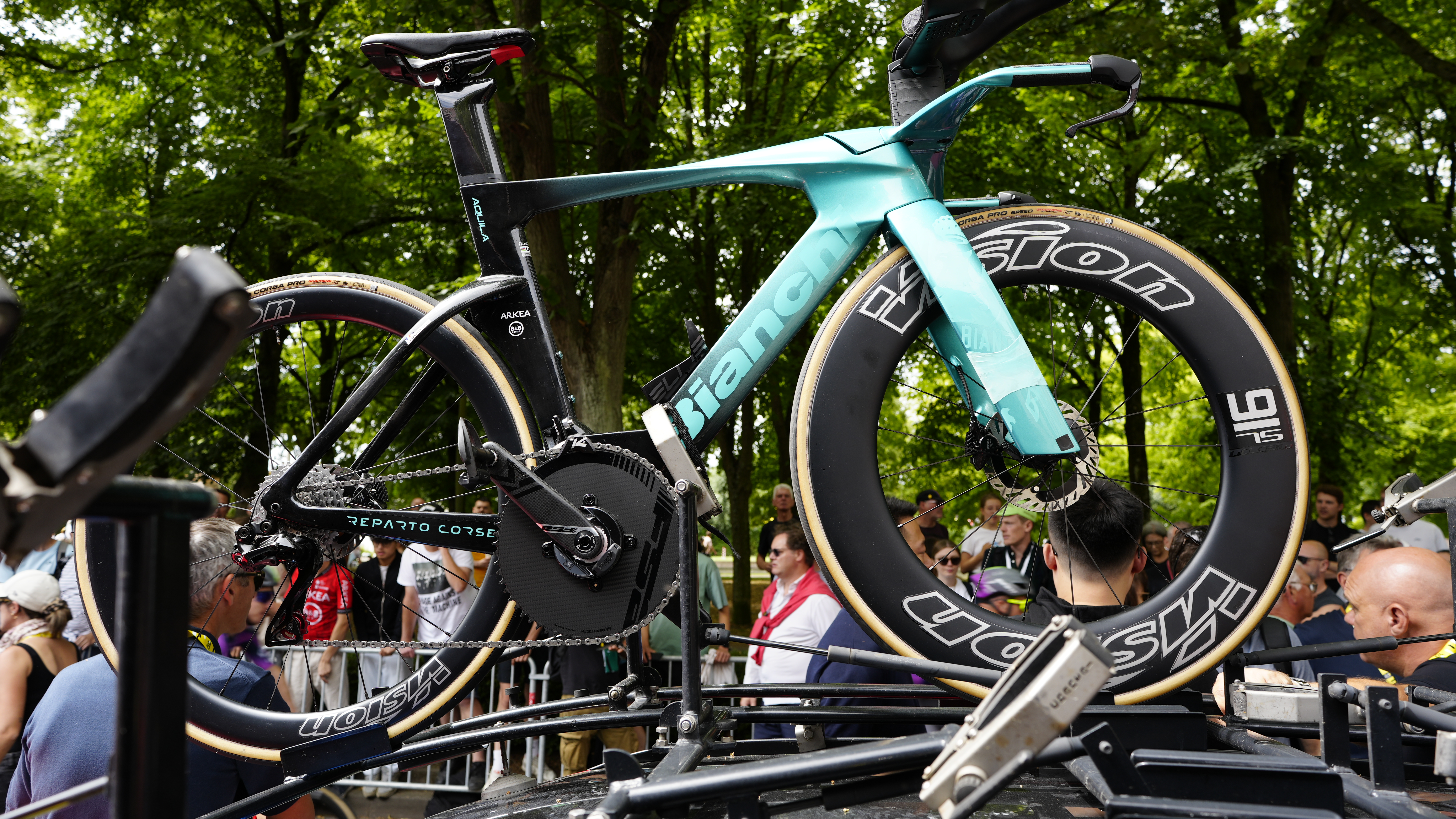
From January 2026 next year the UCI brings in sweeping rule changes that outlaw narrow handlebars, ‘faster’ gears, and deep wheels. But what are the tech trends we spotted at this year’s Tour De France, is there anything we should be copying to make our own bikes faster, and which brands will have the biggest headaches when the rule changes take effect?
Carbon spokes are in
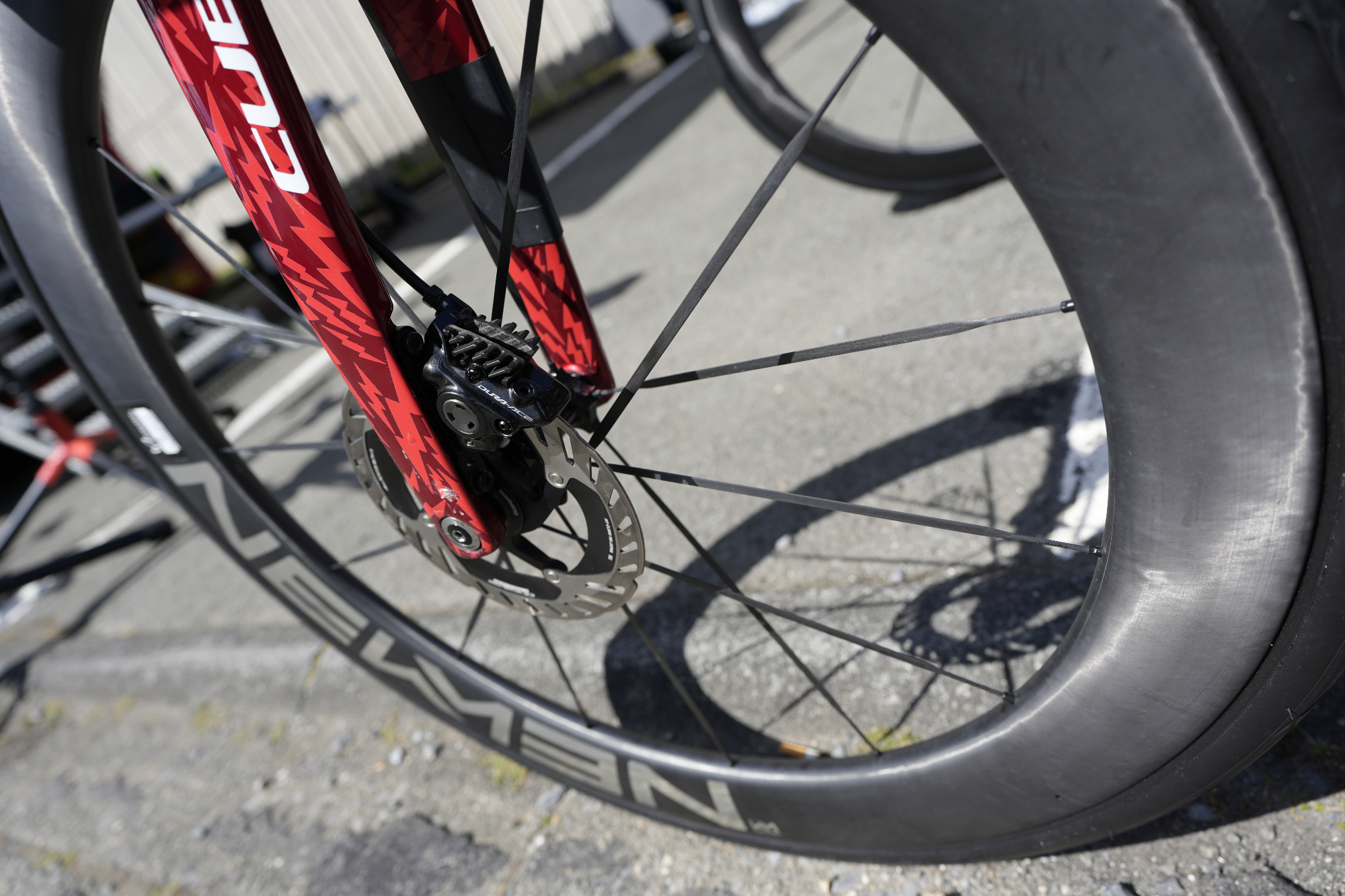
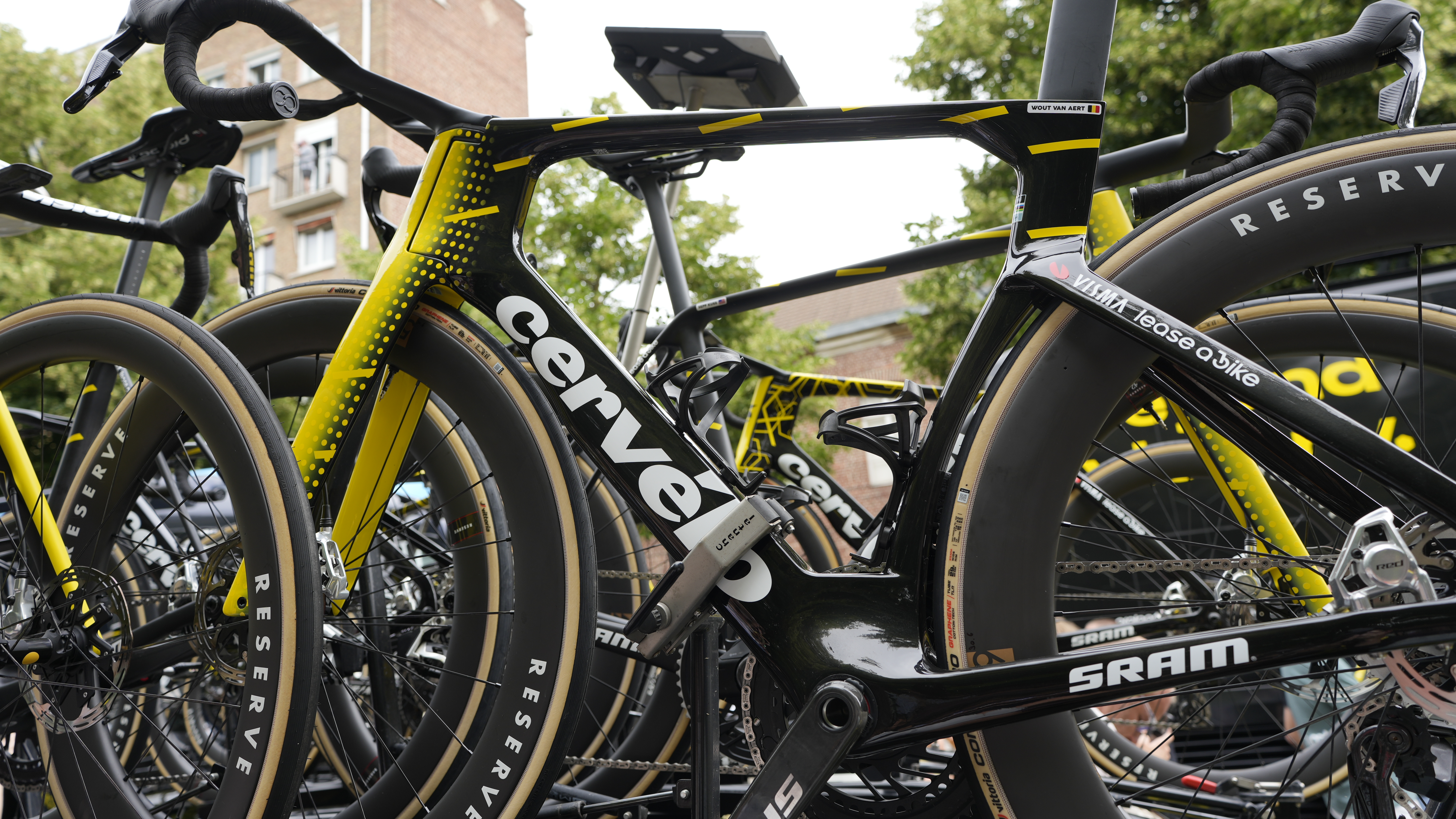
Carbon spokes are in. Really in. Steel bladed spokes must have thought they’d slammed the door on the composite alternative, when Mavic all but abandoned carbon spokes in its R-Sys and Cosmic Carbone wheels way back in the late nineties.
The tech has evolved however and even Roval with its new Rapide CLX III and Sprint wheels are now featuring composite spokes. Vision’s latest offering has also gone carbon and even Shimano appear to be trialling carbon spokes in its C60 wheelsets, ridden by Mathieu van der Poel at this year’s Tour. Reserve were also seen trimming weight on Wout Van Aert’s wheels too, and it joins brands such as Newmen and Cadex who’ve used them for quite some time.
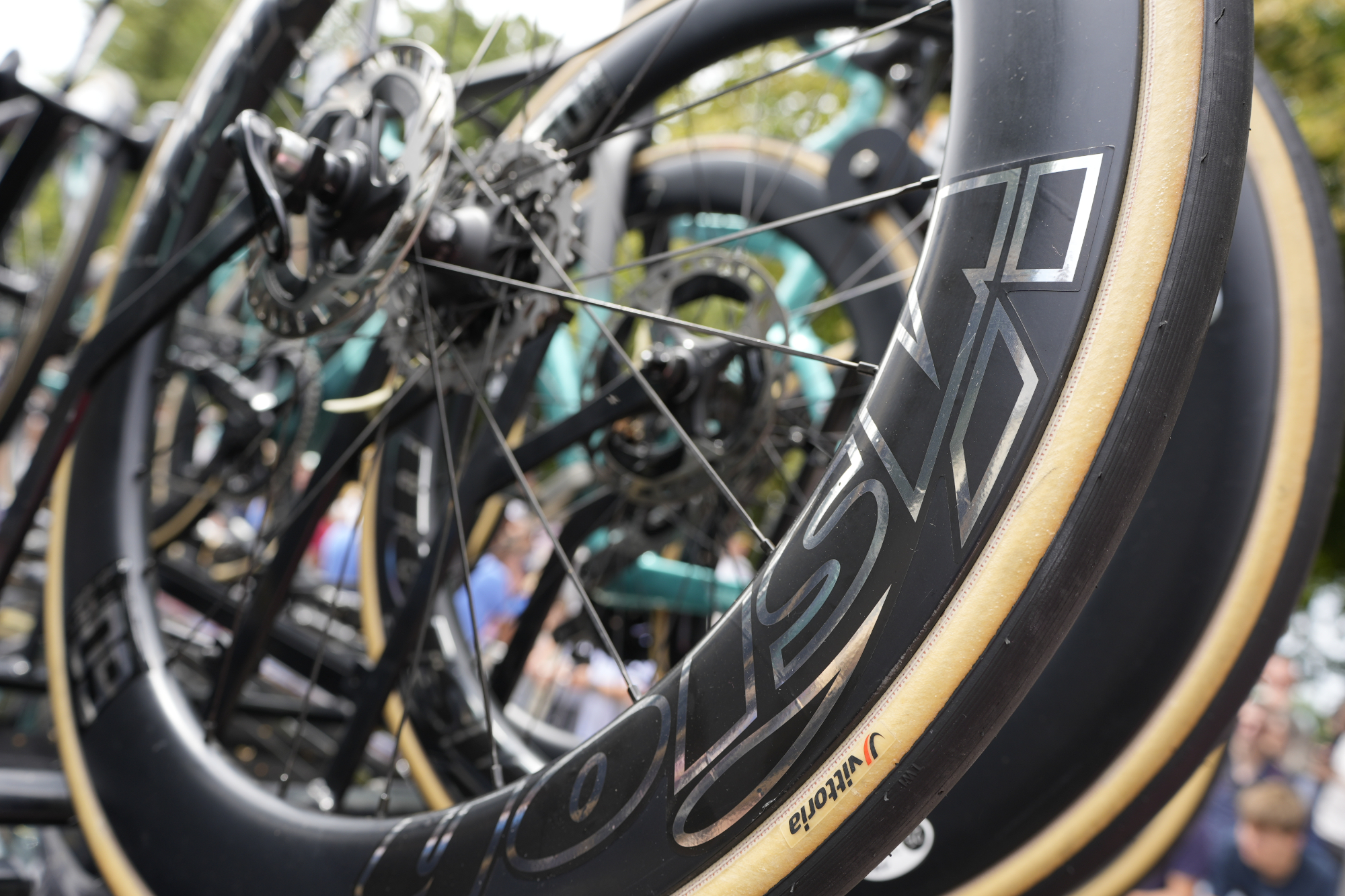
Carbon spokes don’t come cheap but that’s rarely an issue for World Tour Teams. Even if they do have to purchase their wheels they’ll happily shell out in order to save a few grams. Before you rush out and get a set though be warned that they do sometimes prioritise stiffness over comfort.
If you can’t live without that real steel feel, Enve and Swiss Side debuted new wheelsets at the Tour, with the former opting for silver spokes, as if to underline their choice, in a new wheelset developed for the specific needs of Tadej Pogačar.
Nearly everyone’s bars are illegal - but no one seems to be worried…
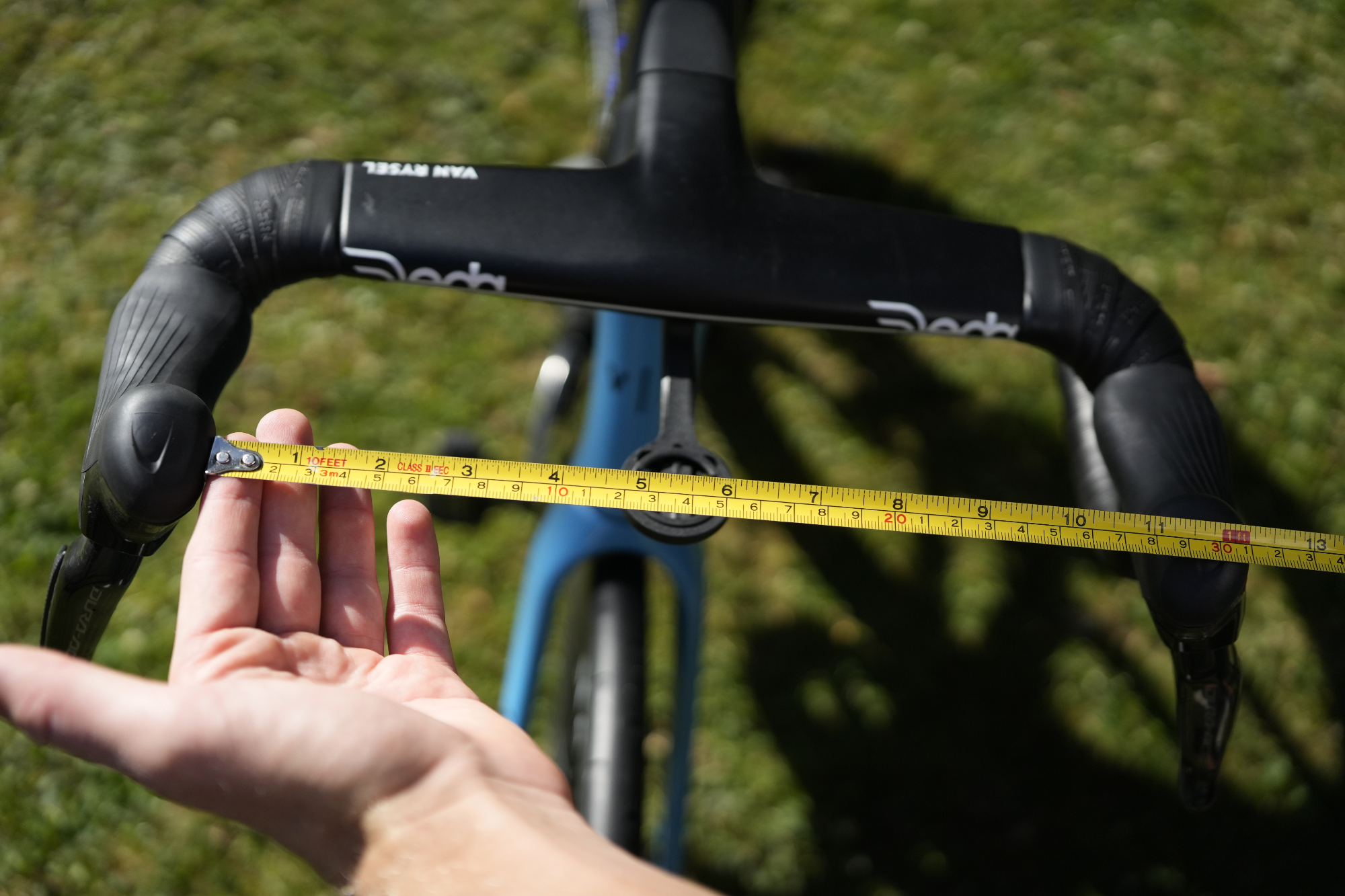
We’ve been running around the pits with our trusty tape measure and we soon realised that nearly everyone’s bars fall foul of the UCI’s next bright idea to make racing safer. From January 2026 next year all bars should measure no more than 400 millimeters from outside to outside but the trickier hoop to jump through is that they can measure no less than 320mm between the hoods.
We measured the bars fitted to the Madone SLR of Lidl Trek’s Mattias Skejlmose. They measured just 25cm between the hoods, a full 7cm less than the new ruling will allow. That means they are the equivalent to 22% too narrow and that’s not a small adjustment to overcome.
Things will probably be even more extreme in the women’s peloton but most of the teams don’t seem too worried just yet. In fact, no one wanted to go on record saying it but many teams thought the UCI’s ruling was ridiculous and will be very surprised if they manage to implement it.
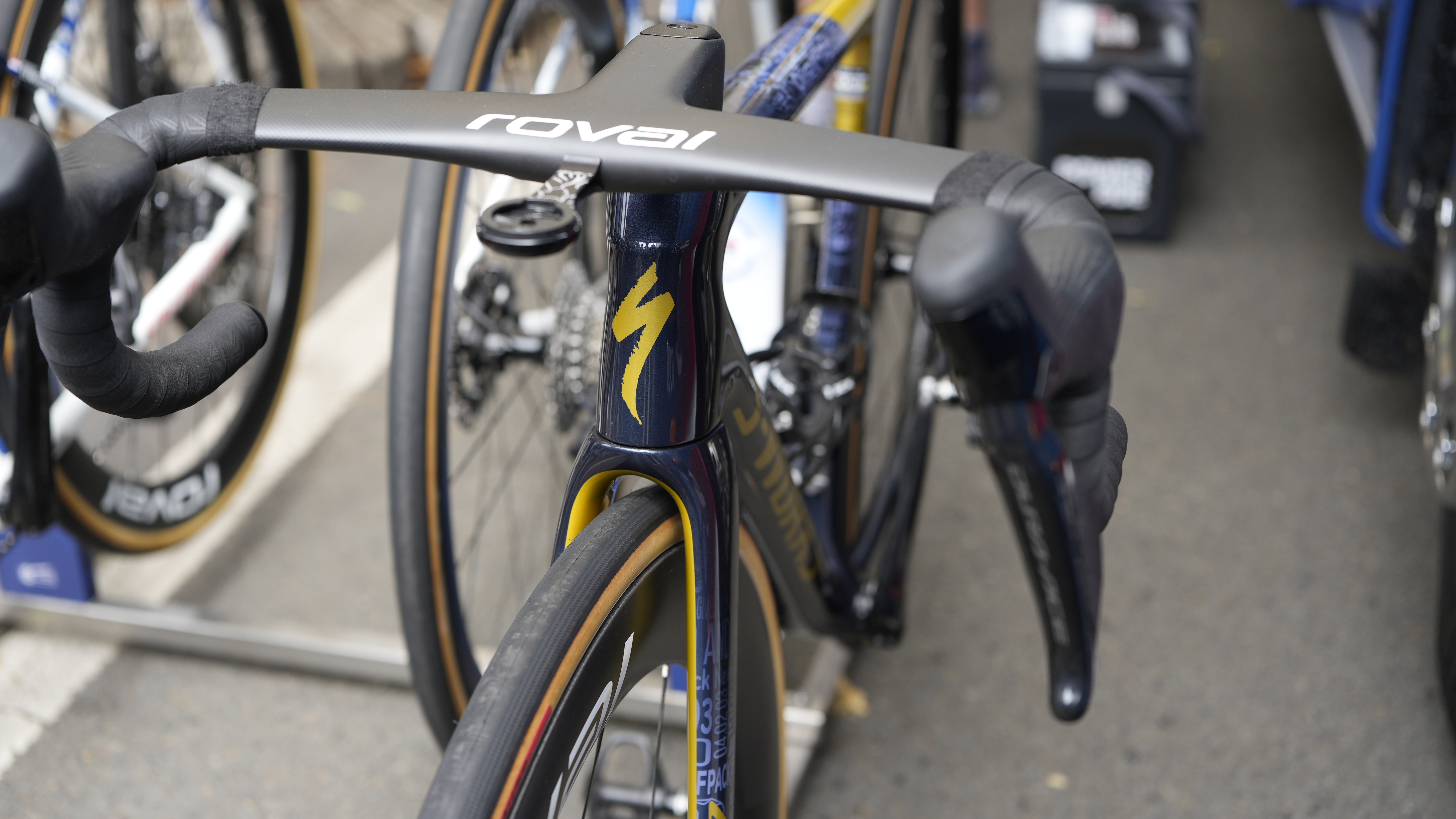
Climbing bikes are back
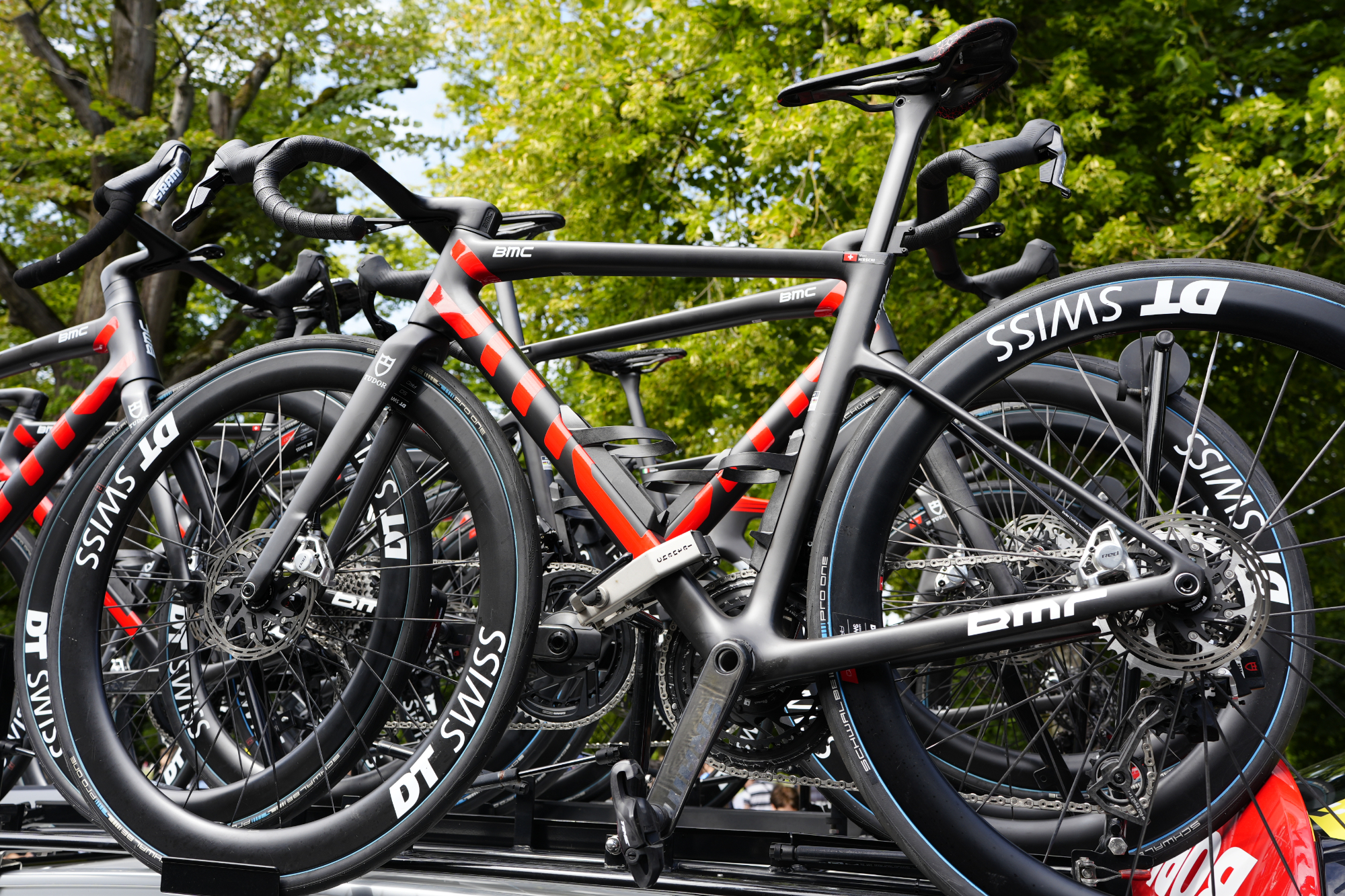
One thing that has been very successfully implemented is the resurgence of the climbing bike. Cervélo has doubled down on its two bike approach with the R5 and S5; Tudor Pro Cycling have come equipped to the Tour with a new lightweight BMC Teammachine SLR 01 to accompany the Swiss brand’s aero R 01, while the Canyon sponsored teams Alpecin–Deceuninck and Movistar still get the option of the Aeroad or Ultimate CFR.
To explain why brands might be taking this approach we caught up with Cervelo’s Engineering Manager to ask him why they choose to offer multiple bikes rather than one bike to do it all and you can catch that interview in full over on our Youtube channel.
Not everyone is going short cranks
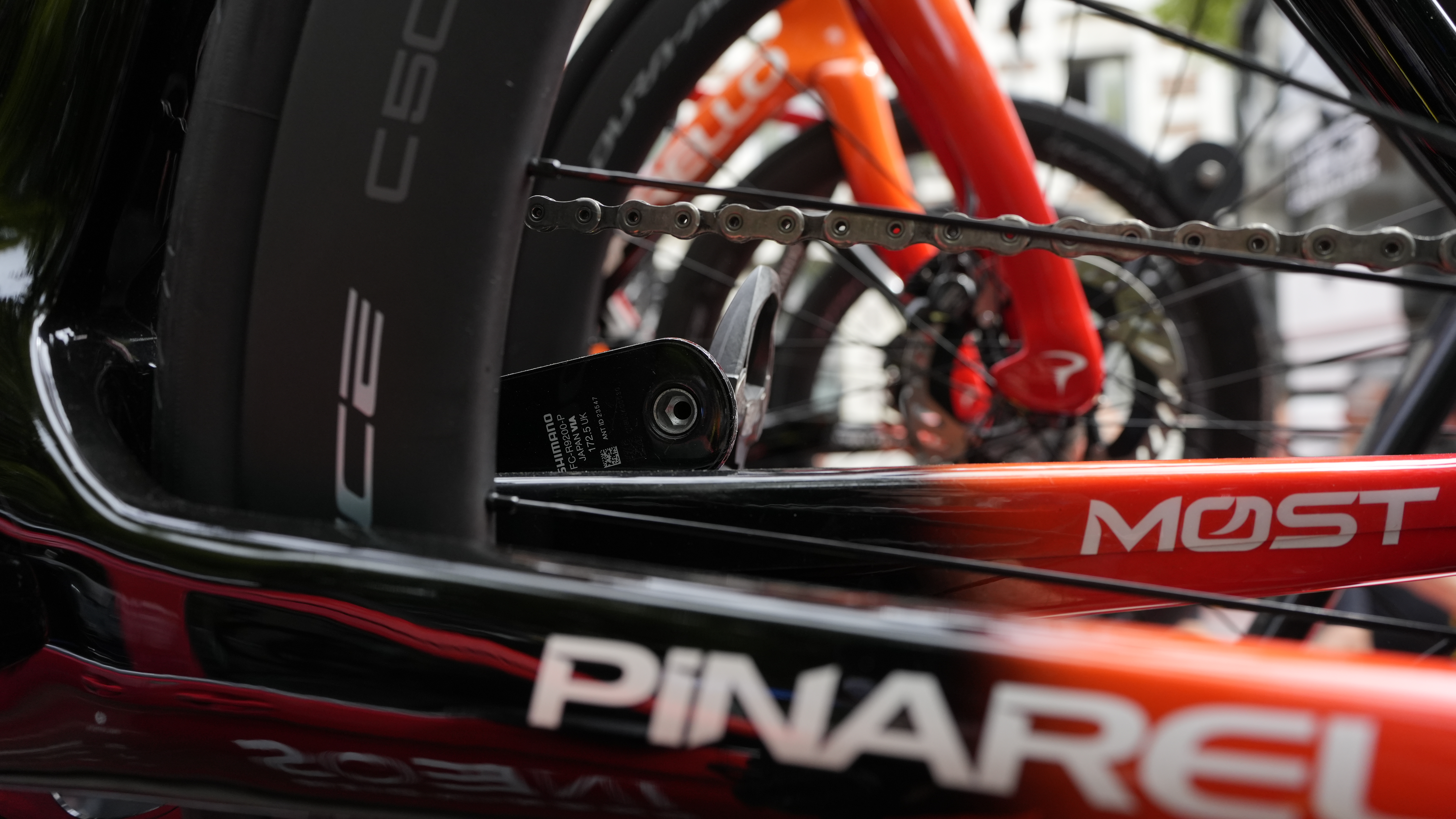
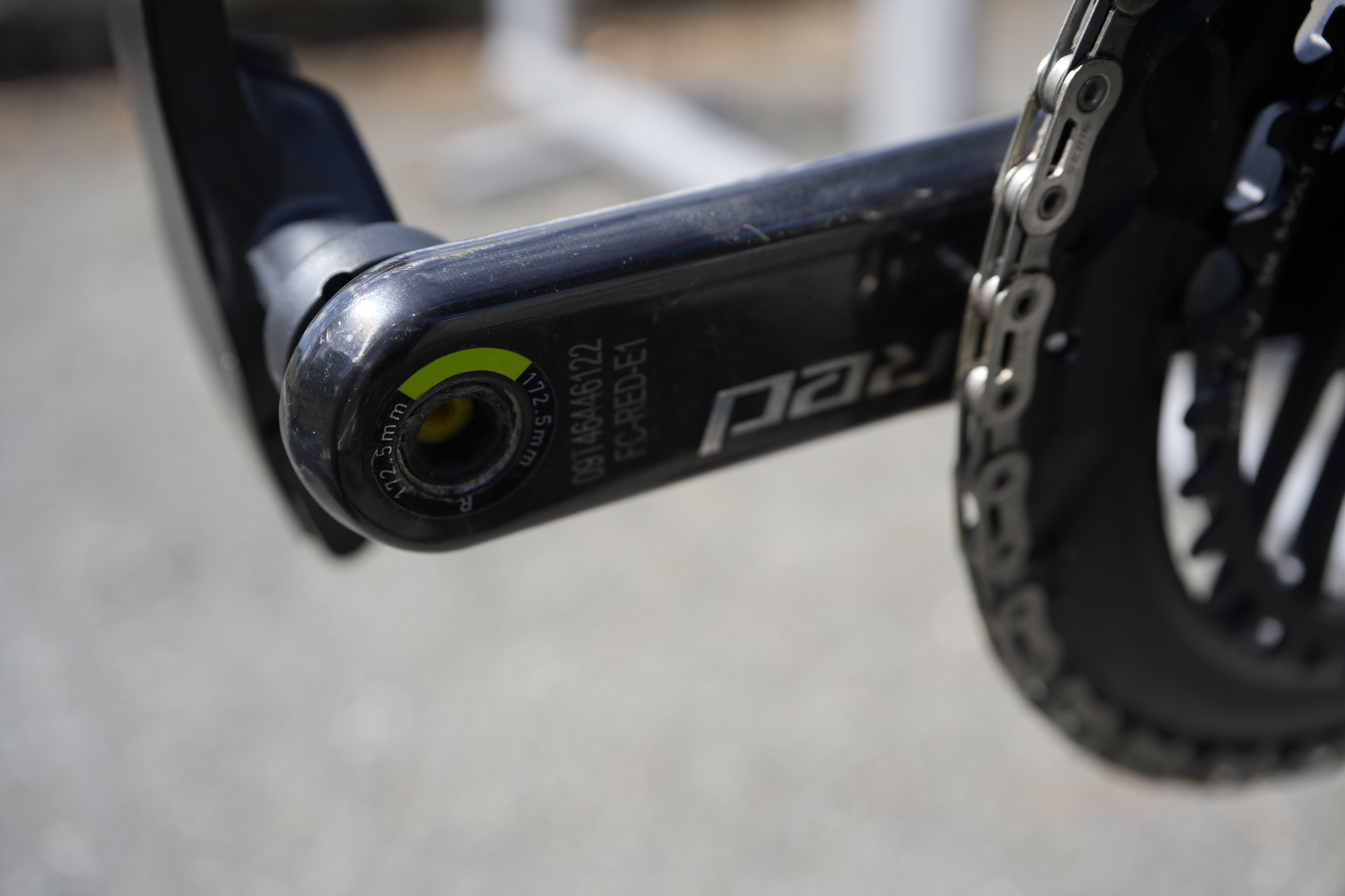
Although there’s some riders that are definitely going shorter, Jonas Vingegaard on 160mm for example, there’s still plenty of riders sticking with tried and tested crank lengths, including Van der Poel, Geraint Thomas and many more.
Who should you copy? Well, the jury is clearly still out although chances are our hip flexors are nowhere near as flexible as the pros so there’s potentially more benefit to going shorter. Get a bike fit before you shell out, as it’s clearly not binary.
Illegal wheels are in
Remember when 50mm wheels were considered deep? Well, not these days. The first few stages of the 2025 Tour de France are certainly not flat and yet nearly all the teams were pulling out properly deep wheels.
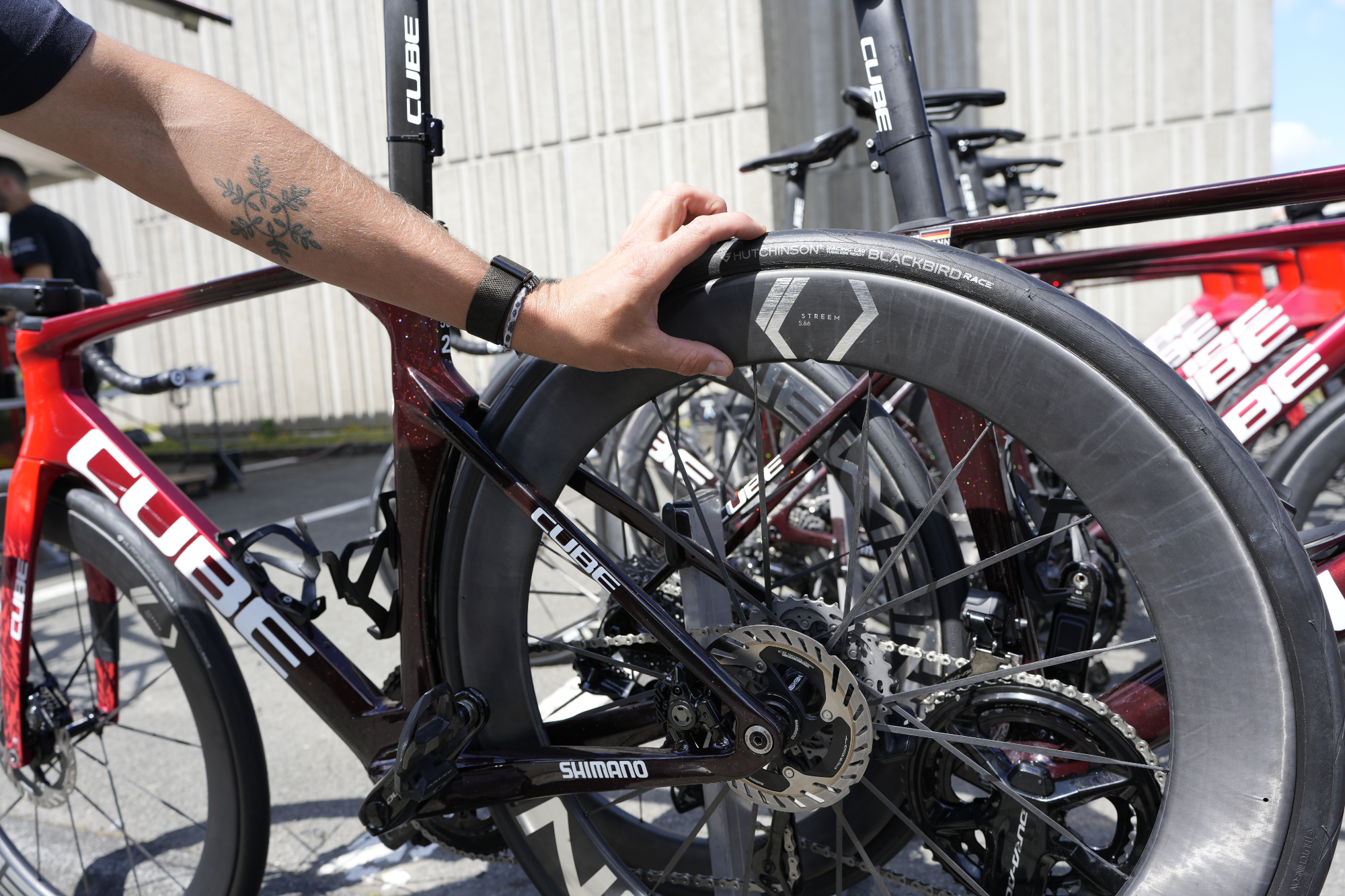
Remco Evenepoel is using a 63mm deep front wheel, Visma-Lease A Bike are on 57/64s, the Newmen wheels under Biniam Girmay and co. will be subject to VAR in 2026 as they measure about 65.8mm, 0.8mm over the UCI’s upcoming limitation and Decathlon AG2R riders are on a new 68mm wheel from suppliers Swiss Side.
Setups are still ludicrously aggressive
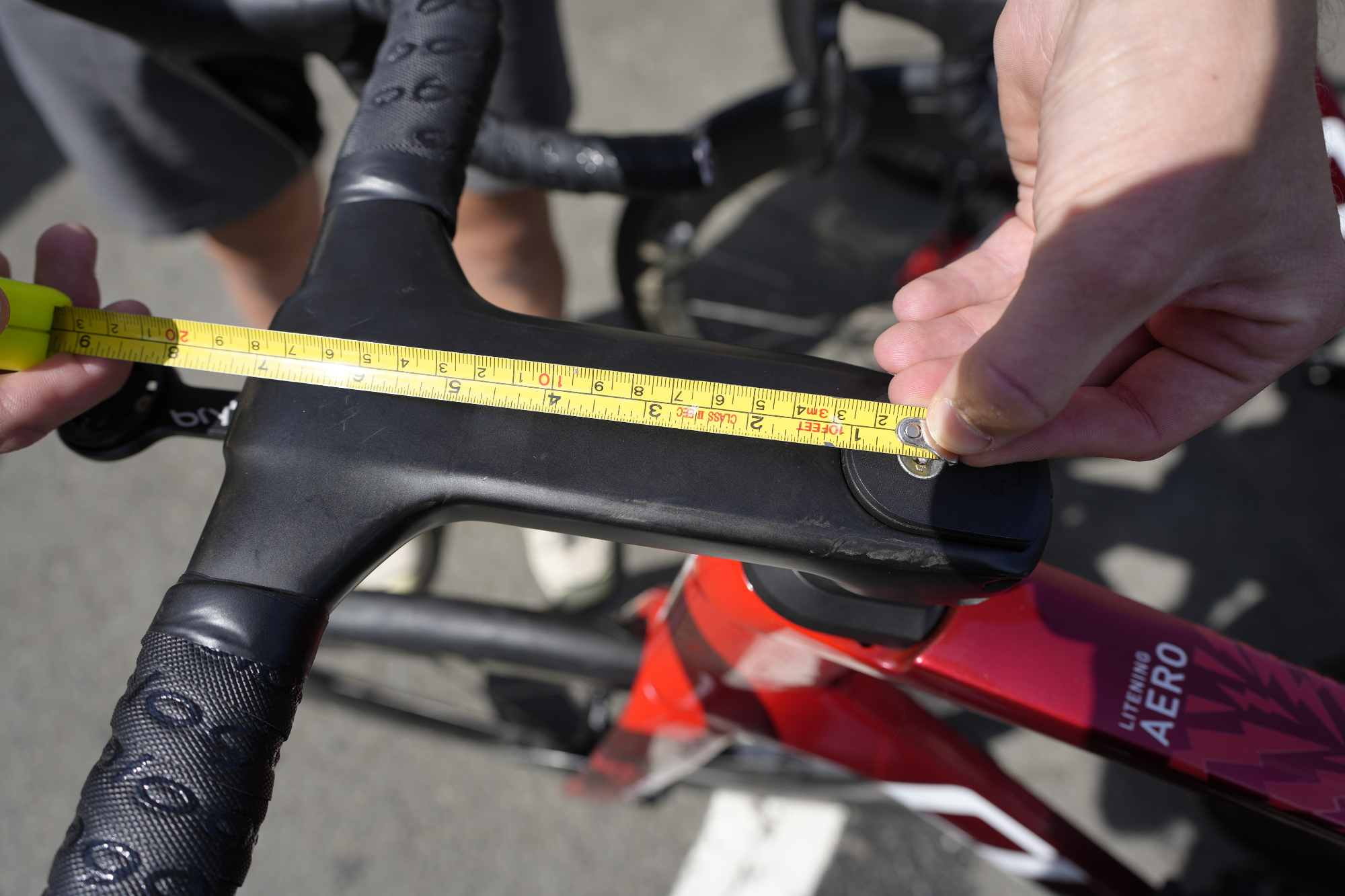
A few years ago any bike that wasn’t slammed and a few sizes too small for a rider would have looked well out of place at the Tour de France, then pros seemingly got all sensible and we began to see a few spacers appearing under their stems.
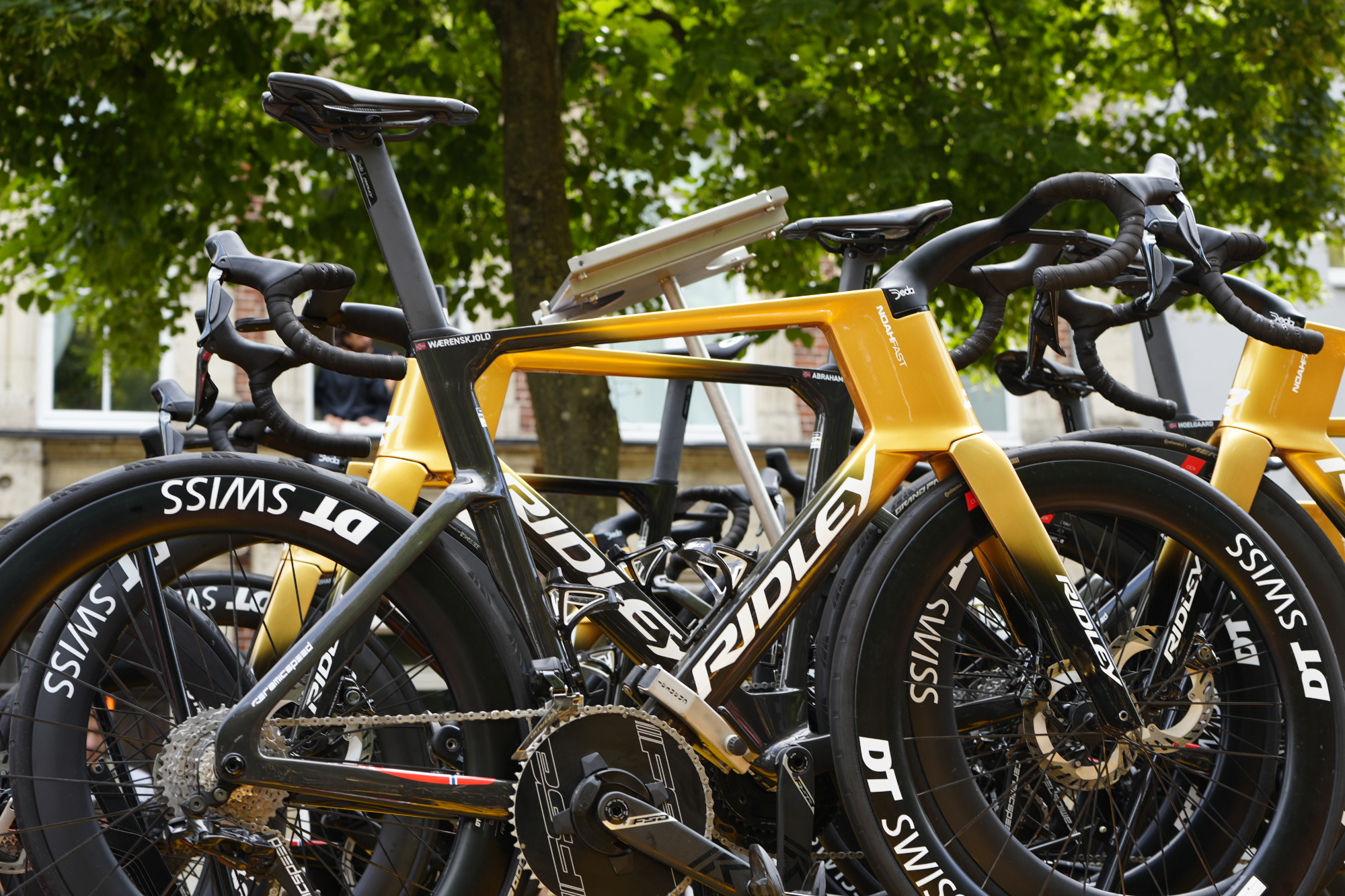
In 2025 bike fits have clearly gone out of fashion again and whilst there are still some exceptions, pros seem to be continuing to shun spacers, in a bid to slam their bikes. We also spotted more than a few riders running a 160mm long stem.
Inline seatposts
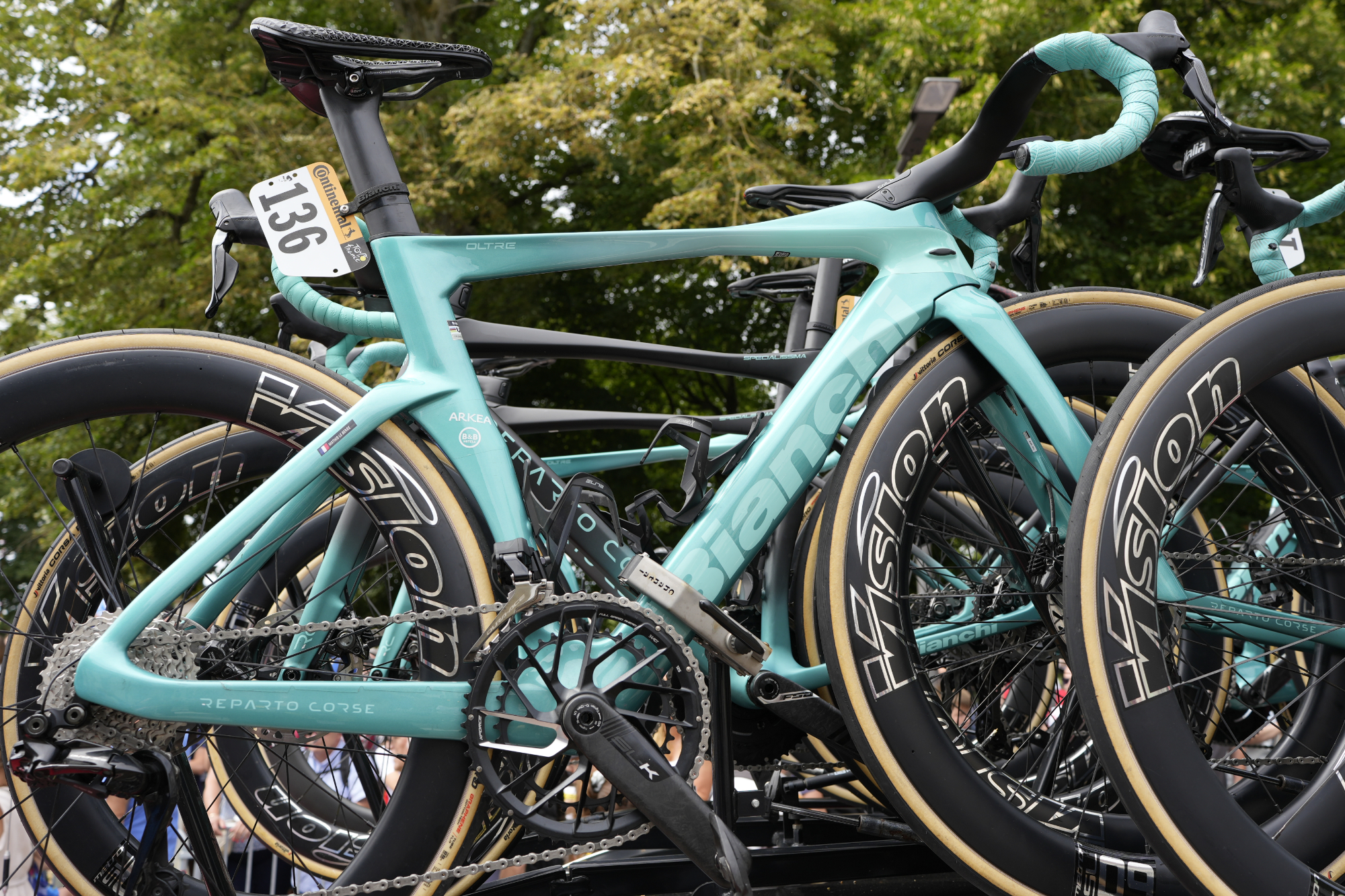
Sticking with the front heavy bike fit theme, although some manufacturers make it quite hard to get hold of inline seatposts for their customer bikes, this clearly doesn’t seem to be an issue for the pros who continue their quest to get as far over the cranks as possible. It has some benefits for power transfer, but in combination with a super long stem it might not be sensible if you favour comfort and good handling.
Custom Insoles
One thing that probably is beneficial to copy is the pros' fondness for custom insoles; we spotted them in most shoes we saw lying around the pits. They can be a really cost effective upgrade and improve not only your comfort but also your performance. Multiple teams admitted that all their riders use custom insoles, opting for brands such as Sidas, Solestar and Specialized’s custom BG insoles.
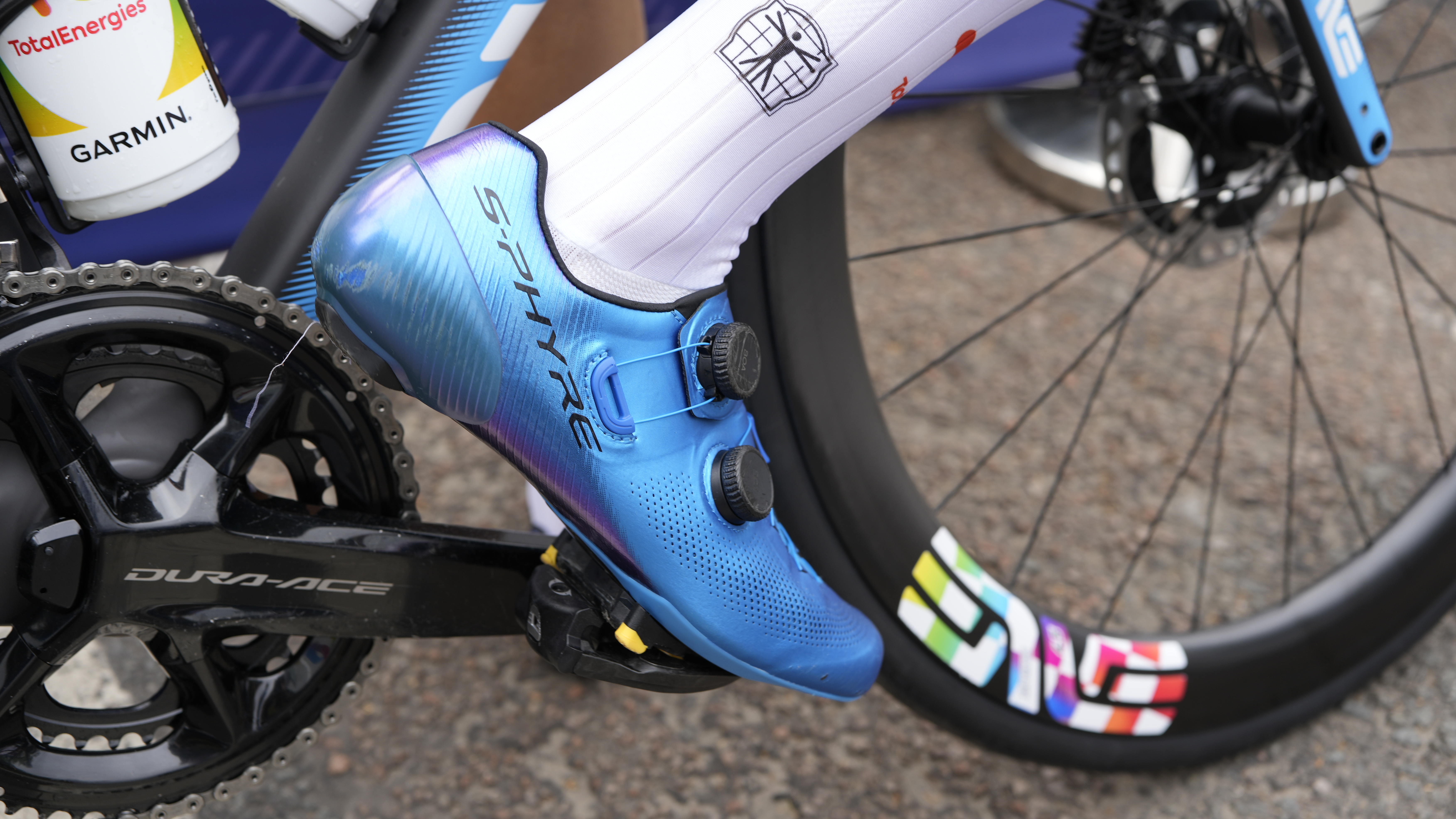
There are more 30mm tyres than ever
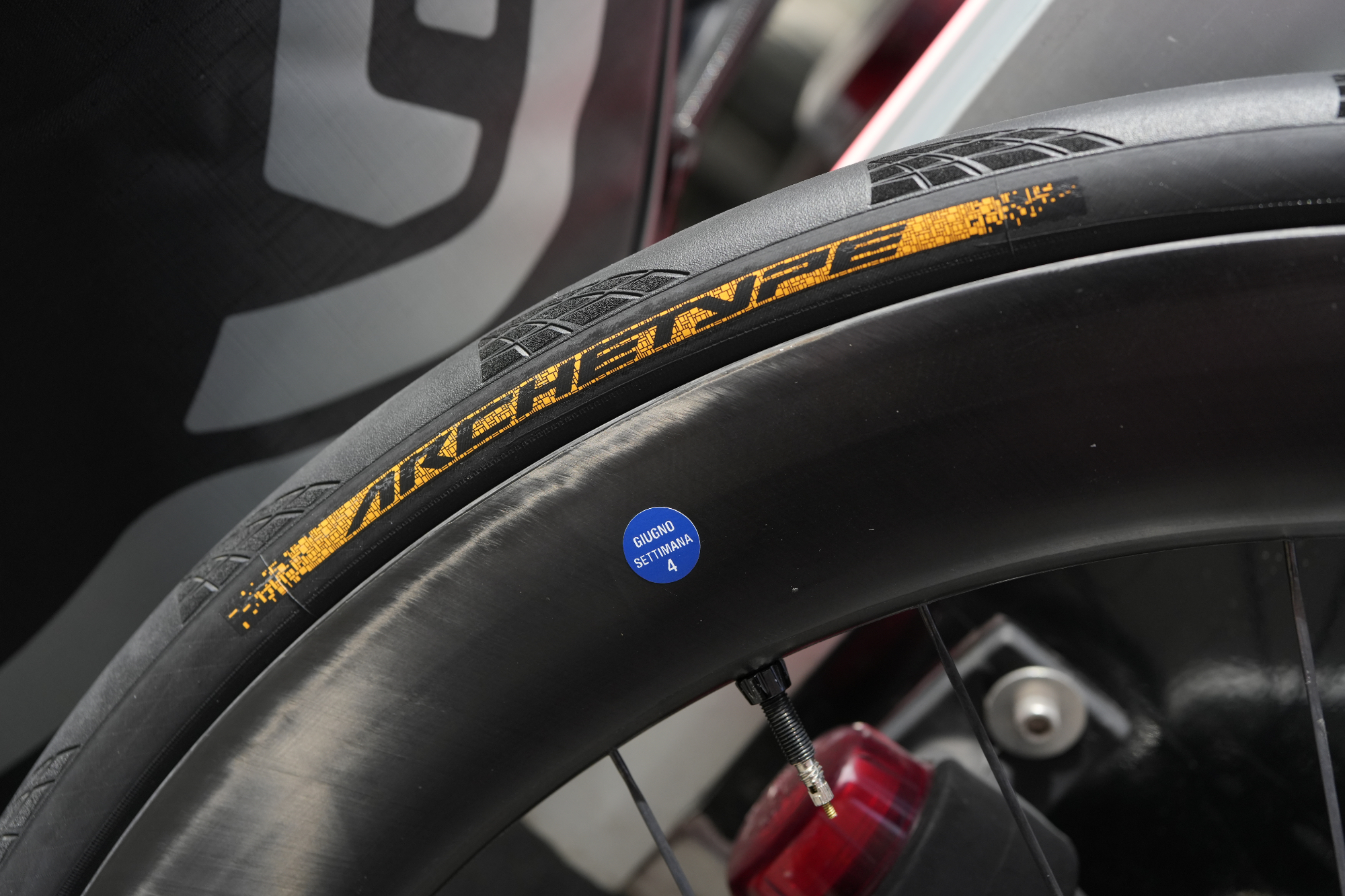
And finally, we’ve spotted more 30mm tyres than ever before at a Tour de France. Intermarche Wanty were all on 30mm Hutchinson Blackbird tyres and any team using the new Continental Archetype tyres, such as, Pogačar and his UAE Team Emirates XRG team had no choice but to use 30mm’s as they aren't made in any other size!







